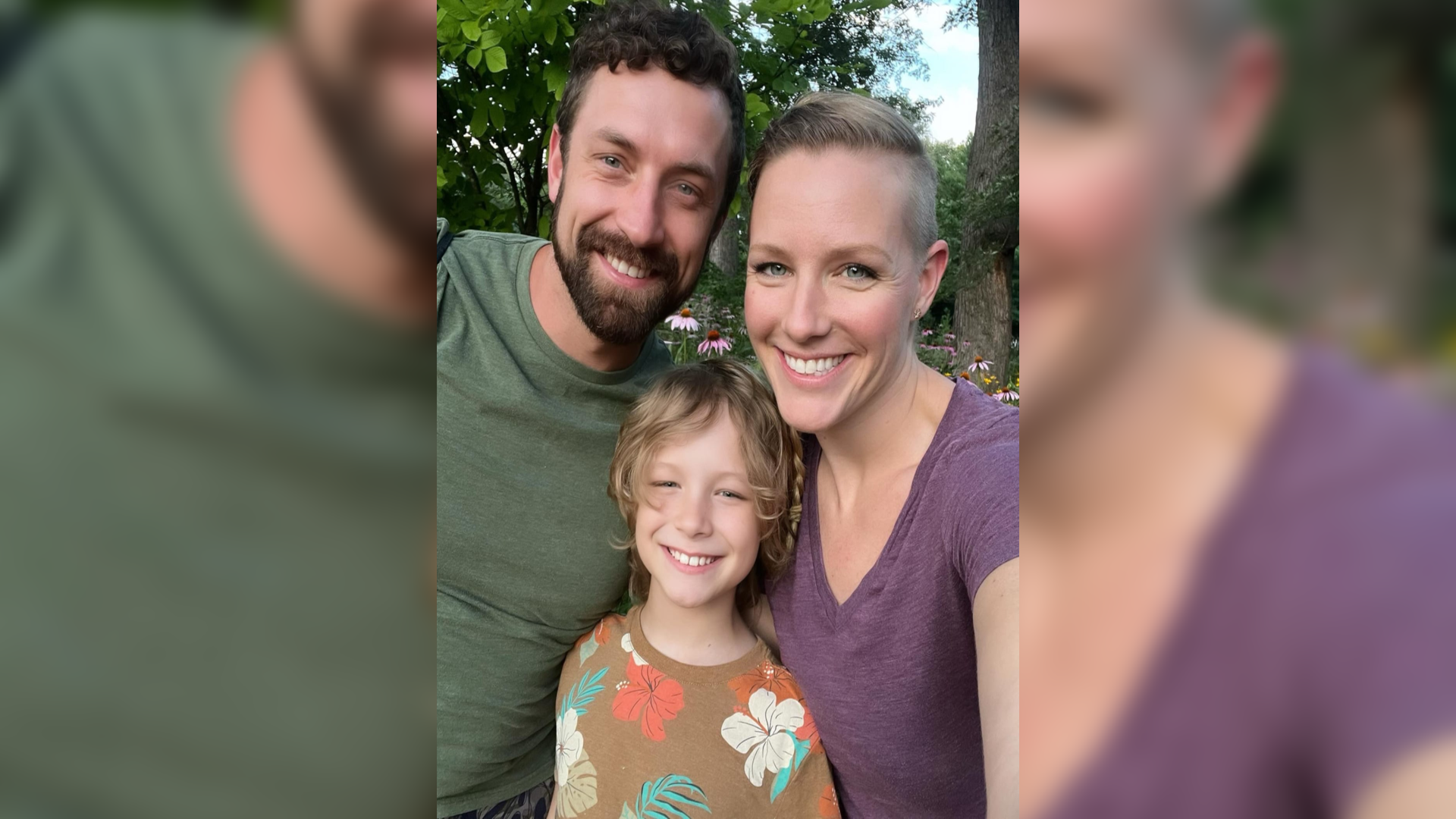
What to Know
- A survey from careers platform Yello finds that the majority of college students who had internships canceled were not offered any form of compensation.
- Career experts say many students will be making a mistake if they leave a gap on their resume rather than list the canceled work offer, which could still be used to their advantage in the summer and fall.
- Remote internships are not ideal but are among the ways in which the student job market is continuing, with many internships migrating online.
Internships for college students are among the job opportunities hard hit as a result of the COVID-19 pandemic, with many offers abruptly rescinded and no offer of compensation, according to CNBC.
That’s according to a new survey from employment platform Yello that finds 64% of student internships that have been canceled did not provide any form of alternative offer. Eleven percent of students said that they have been offered a postponed internship; 7% said they were guaranteed a final round interview next year; and 6% a full-time offer next year, according to the survey conducted by Yello using the SurveyMonkey platform among 913 students across the country conducted April 10–April 15. Overall, a little over one-third of students taking the survey and who indicated they had a summer internship offer said it has since been canceled.
Zoie Henry, a junior at the University of Missouri, is one of the students who had an internship canceled. Henry had landed a coveted internship for the ABC 7 Chicago investigative unit news team, but all ABC internships were canceled due to coronavirus. Henry remains undeterred.
“Honestly, I’m not disappointed. I’m just honored that I was chosen for the internship,” the journalism major said. “I’m staying positive about it because if I got it once, then I can definitely do it again.”
Henry is applying to other internships for the upcoming summer. “I’m speaking to a few companies, and I’m hopeful something will work out,” Henry said.
U.S. & World
Many students are feeling a bit lost and defeated. Seventy percent of the students said they were disappointed but understood the situation, while 26% said they were upset, according to the Yello survey.
Jason Weingarten, Yello CEO and co-founder, said the largest group of students saying they were upset came from computer science programs — this doubled the number of business school students who said they were disappointed.
Weingarten said this may be explained by the fact that software engineering internships are usually much more lucrative relative to other internships (as much as $10,000 a month) and candidates often have multiple offers to choose from, making them feel like they may have chosen poorly.
But Weingarten said tech majors should consider themselves fortunate, as they are still likely to receive internships for the upcoming summer. “Tech companies usually have remote developers in another city or country ... which makes it possible to have a remote internship,” he said.
He said based on conversations with employers, the trends revealed by the survey are likely to persist even in a fluid situation, adding that other employers with whom his company works have indicated that they may still need to cancel internships or shift to remote but are holding off for now.
Interning remotely
Ivana Alardin, a junior studying computer science, data science and economics at Massachusetts Institute of Technology, was elated when she received the email stating her internship would not be canceled but instead be moved to a remote basis. She will be working as an engineering intern at Unity, a video game software company. Gaming has been one of the economy bright spots during the pandemic, with usage surging as more people are isolated at home across the globe.
“I’m very fortunate to have an internship at a company stable enough that they’re not losing income and don’t have to cancel their internships” Alardin said.
Of students who had internships changed to remote, a little more than half (51%) said they were just happy it was not canceled, according to the Yello survey.
Although Alardin is happy to still have an internship, she is worried about making the right decision on any eventual job offer: for computer science majors, the internship before senior year is the one students aim to get a full-time offer from, she said. The decision to take the job, if offered, will be more difficult now, since she will never have been to the office or resided in San Francisco, where the company is based.
“Last summer I lived in San Jose, California, and it was okay, but not my favorite place,” she said. “So I wanted to take this opportunity to give California another chance. I was going to try out San Francisco as a city I could potentially live in.”
Alardin, a Chicago native, is already reconsidering the idea of living far from home for long periods of time since the outbreak. “I couldn’t imagine how I would feel if I wasn’t in Chicago if another pandemic happened,” she said.
University career centers and career-driven organizations are striving to give students confidence.
Jeffrey Moss, CEO and founder of Parker Dewey, which helps connect employers and students, said this should not be a hopeless situation. “Employers don’t want to cancel these internships. So we are doing our best to help companies take their internships remote instead of completely canceling,” Moss said. He said many hiring managers have worked with freelancers remotely, and although it isn’t exactly the same thing, remote internships are on the same playing field.
The Yello survey finds that a majority of interns who are working remotely (67%) favor daily 5- to 10-minute video check-ins, while 30% favored a weekly one-on-one as the method for communication with their managers. Seventy-two percent of students overall preferred the communication to include video.
“We understand that not every company may be in the position to have remote internships, but the ones that can, we want to make sure it happens, especially for the students,” Moss said. “This is how many students start their careers.”
He said that to make remote internships work, some companies have focused on “unbundling” the role of interns into a series of discrete projects. That can give the interns more clarity on their responsibilities and specific tasks that need to be completed. “Happy hours” and lunches with other co-workers and interns are also being implemented, so they get to know colleagues.
Leveraging the canceled internship
Weingarten was surprised that 85% of students polled whose internships have been canceled said they wouldn’t list the internship on their resume, citing the lack of experience gained as the reason.
“Students should put their canceled internship on their resume or in a cover letter,” he said, referring to the period between now and the fall internship and hiring season. “I suggest they put what they were going to do and just say they didn’t get the chance because of Covid-19.”
He said these students need to be reminded that they did everything right: They networked, went to career fairs and corporate presentations and aced the interview. Weingarten said it is better to be transparent about the Covid-19 experience than to leave an internship gap on their resume, which may result in hiring managers wondering why students are applying so late.
“This kind of explains it for them. And it could be used as leverage,” he said. Even though no work was completed, canceled internships show that an employer was interested in the candidate and that the candidate stood out from other candidates. But it should not stay on the resume or in a cover letter permanently, Weingarten said.
Stuck in limbo
Some graduating students remain in limbo. Allison Cho, a journalism major at the University of Missouri who is set to graduate next month, doesn’t know where she will be this summer. She received an internship offer from The Washington Post as a multiplatform editing intern but hasn’t received confirmation that the internship will still be available now. She says the paper has expressed concern that so much of the value in the internship results from being in the newsroom and may need to be canceled.
“Not knowing if I have an internship right now is really stressful,” Cho said. “As a graduating senior, there’s added stress because if I don’t have this internship, I’ll have to start job applications instead.”
Bri Dinwiddie, a senior majoring in sociology at the University of Missouri, Columbia, secured an internship designed to transition into a full-time position in the fall. Her plan was to work the full-time position while studying for the LSAT and saving for law school during her gap year. When she found out her internship was canceled, she was devastated.
“I’m just a little stuck. I had everything planned, and now I’m not sure,” she said. Dinwiddie said she started considering other graduate school programs in the fall so she can gain professional skills, but she is worried about just acquiring more debt.
According to the Council of Graduate Schools, enrollment was up after the financial crisis of 2008, up 5.5% from 2008 to 2009.
A time to be resourceful
Christine Cruzvergara, vice president of higher education and student success at careers platform Handshake, suggests that students consider graduate school at this time, but only if it makes sense. Otherwise, she says, they are just going to build up debt.
“What companies will want in one to two years is to see that you added to your skill set,” she said.
Moss at Parker Dewey said this is a time to be resourceful. “Companies will look at what you did during this time period. How did you better yourself? How did you take advantage of this situation?”
Moss said one of his students is looking into micro-internships — short-term paid assignment and projects that are more like gig work than a classic internship. “That is the perfect outlook,” he said. “He is going to use this chance to figure out what career he wants to lock into by doing micro-internships in all the fields he’s been considering.”
Promising news on companies still hiring
Many companies are hiring, especially in tech, financial services, engineering and computer science, according to Handshake data. Handshake recently released a blog that lists 500 companies that are still hiring college students and new grads.
Some of the companies hiring include the ones that have seen increased demand due to the massive shift to remote work.
“We are hiring for a spectrum of roles, everything from engineering, to design, customer experience and sales and marketing. All of the roles we are hiring for are listed on our careers site,” said Robby Kwok, senior vice president of people at messaging and collaboration platform Slack.
Slack, which was already hiring at a rapid pace before the crisis, according to Kwok, has onboarded three groups of new employees remotely since the pandemic began, and there has been a surge in interest from customers.
This story first appeared on CNBC.com. More from CNBC:



